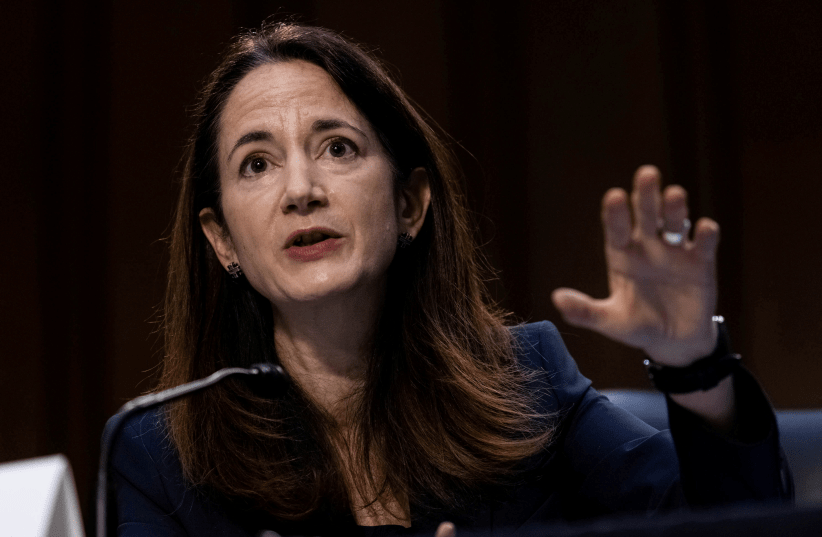The Iranian threat to US elections is becoming more serious. Director of National Intelligence Avril Haines has warned that Tehran is set to ramp up its cyber and influence activities. “Iran is becoming increasingly aggressive in their efforts,” Haines told the US Senate Select Committee on Intelligence. “They seek to stoke discord and undermine confidence in our democratic institutions, as we have seen them do in prior election cycles.”
Foreign interference has been a concern in recent US elections. Since 2016, ‘Russian meddling’ has been a major issue, with both parties accusing each other of benefiting from it. In his Senate briefing, Haines also highlighted Russia as the “most active foreign threat” to US elections, with China and Iran also being significant players.
On Iran, Haines said, “They continue to adapt their cyber and influence activities, using social media platforms, issuing threats, and spreading disinformation. It is likely they will continue to rely on their intelligence services and Iran-based online influencers to promote their narratives.”
There is growing concern in Washington about the Iranian threat. However, it is not yet considered as severe as threats from Russia and China. This point was made by Michael Froman, president of the US Council on Foreign Relations, in an interview with CNN’s Christian Amanpour. Froman suggested that the situation is not entirely bleak, as efforts to counter these threats are strengthening global alliances. “There’s a concerted effort by Russia, China, Iran, and North Korea to challenge the rules-based international order… but it has strengthened, in many respects, alliances around the world. So there’s been an action and a reaction.”
Russia, China, and Iran deny all accusations of interference, instead accusing the US of conducting influence campaigns worldwide. Iran is a new but fast-learning player in this game, aiming to shape public opinion and high-level decisions. Jason Brodsky, policy director at United Against Nuclear Iran, noted that some think tanks, advocacy organizations, and universities are becoming uncomfortably close to US adversaries. “Some do so unwittingly, others perhaps wittingly. They risk becoming components of an information operation benefiting Tehran,” Brodsky posted on X.
Investigative reports by Iran International and Semafor have documented Iran’s intentions. A recent 128-page report by Iranian think tank SARAMAD recommends measures to be considered after the 2024 US elections. These include establishing a network of elite lobbyists to advance Iran’s interests in US policies and public opinion. The report calls for creating a “special network” in the US to “put Iran’s interests first” and restore its image.
This strategy has been pursued before, notably with the Iran Expert Initiative. Its affiliates worked to promote the regime’s stance during the 2015 nuclear deal negotiations. Arianne Tabatabaei, a key figure in the initiative, is now a high-ranking official at the Pentagon. Her mentor, Robert Malley, President Joe Biden’s former Iran envoy, is under FBI investigation for potentially mishandling official documents.
US Congress has been seeking more information about Malley’s case for months, including the reasons his security clearance was suspended. However, the State Department has refused to provide details. Critics accuse Biden of appeasing Iran, fearing escalation that could lead to an all-out war in the Middle East. They believe he has failed to confront the magnitude of the Iranian threat.


